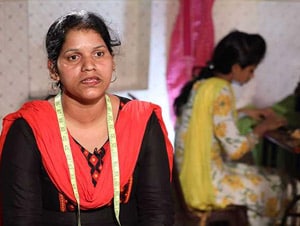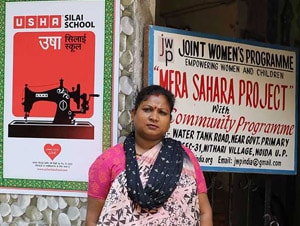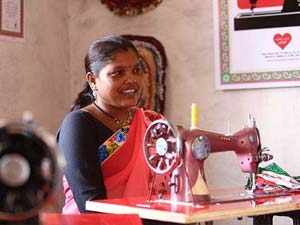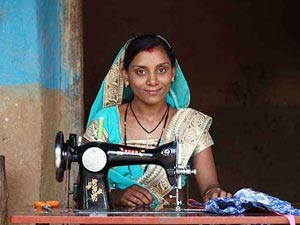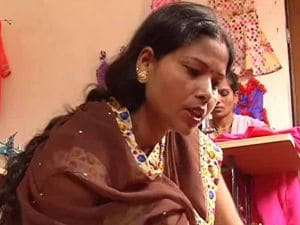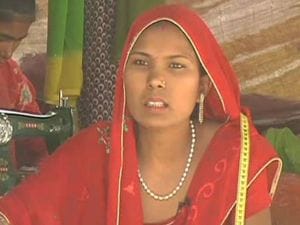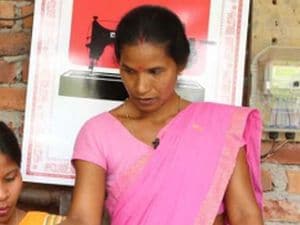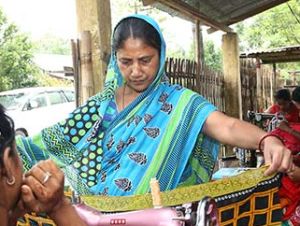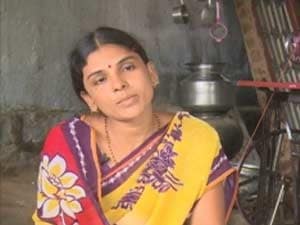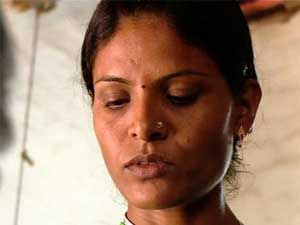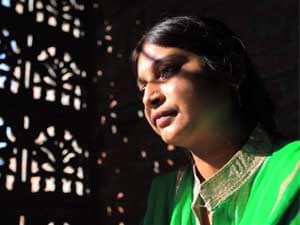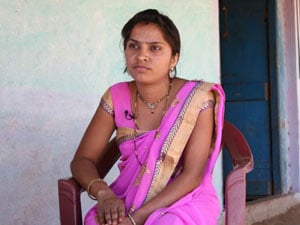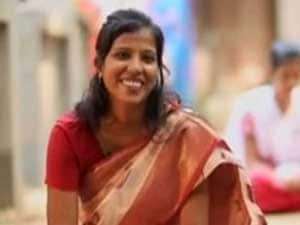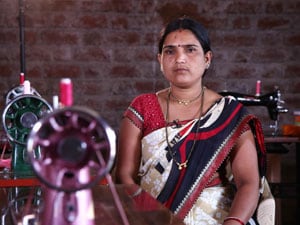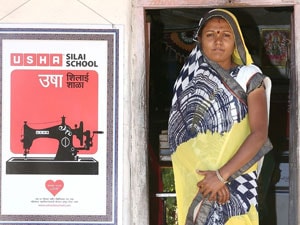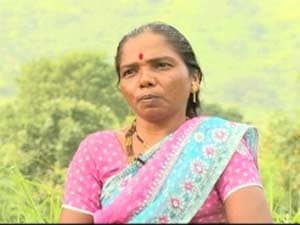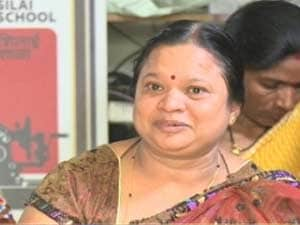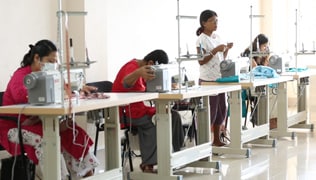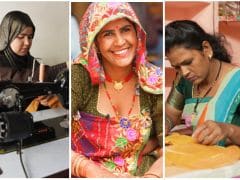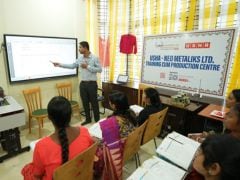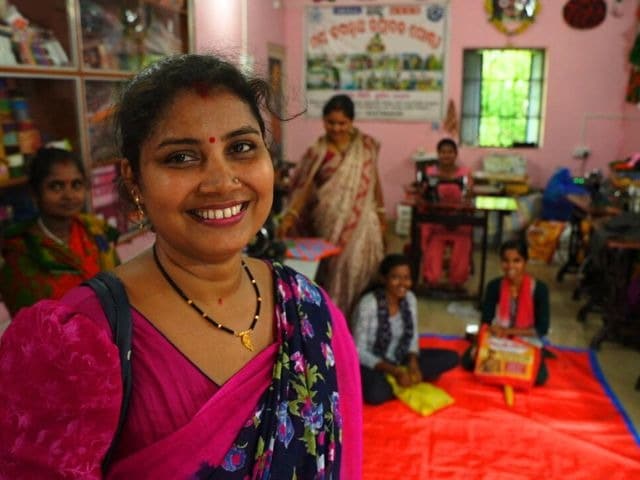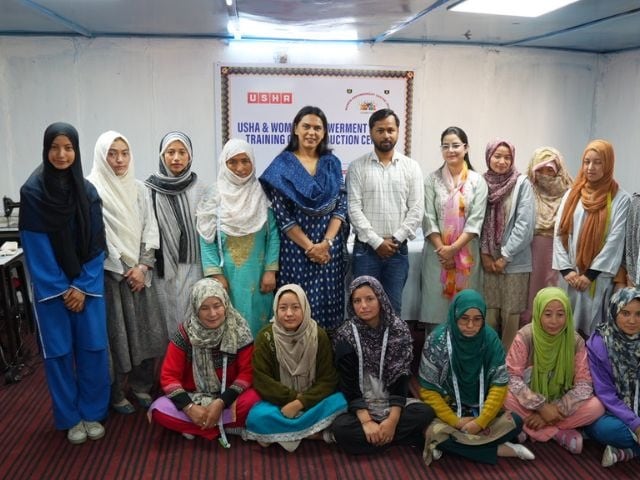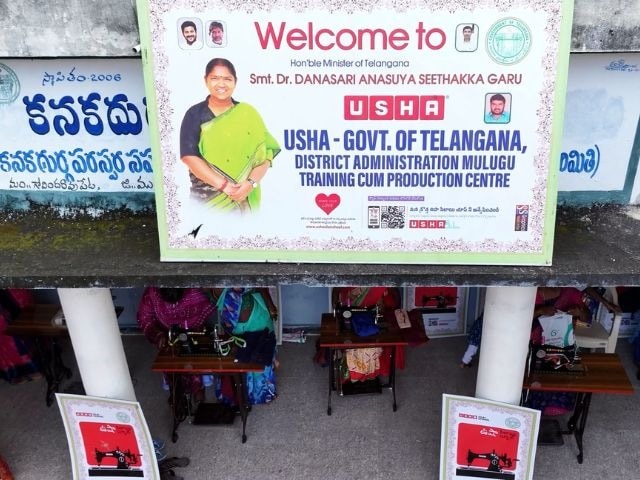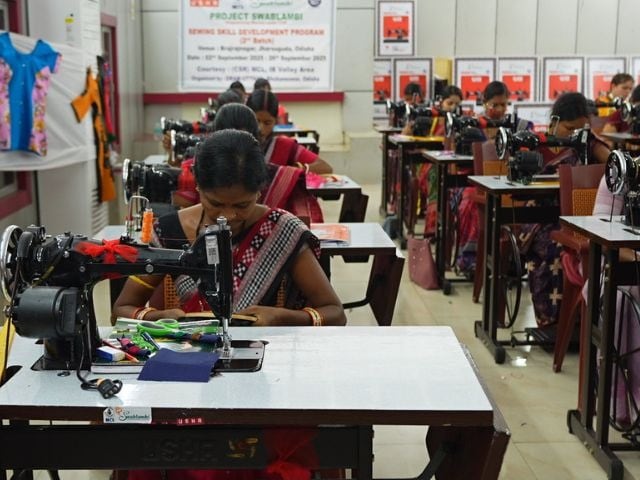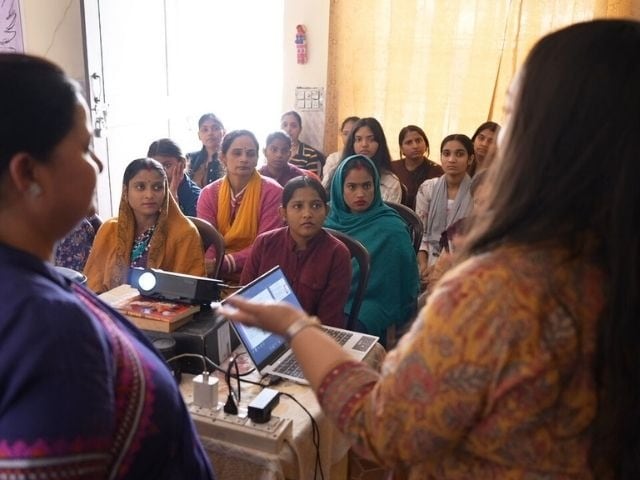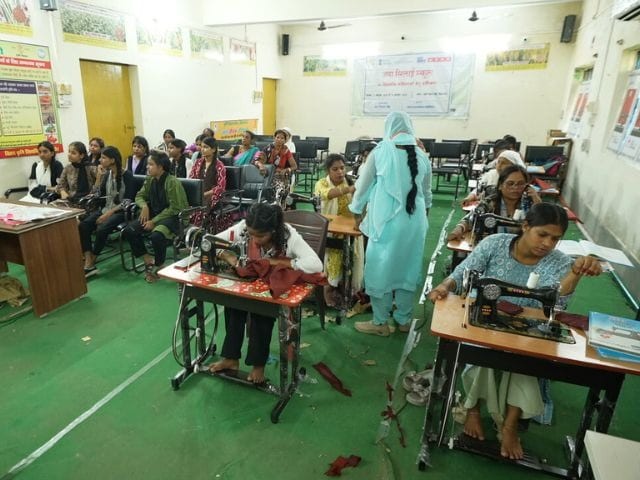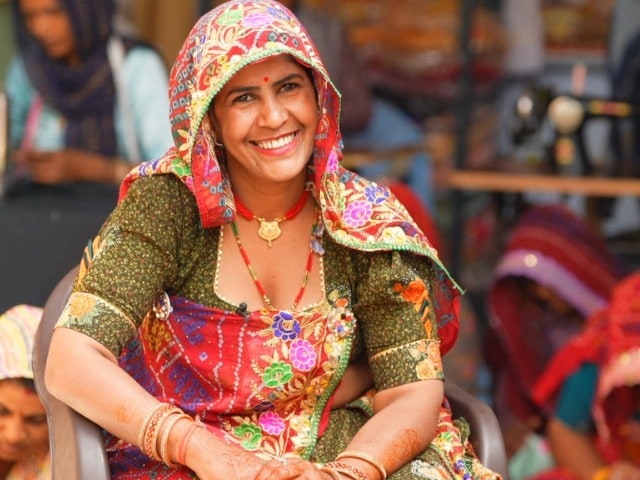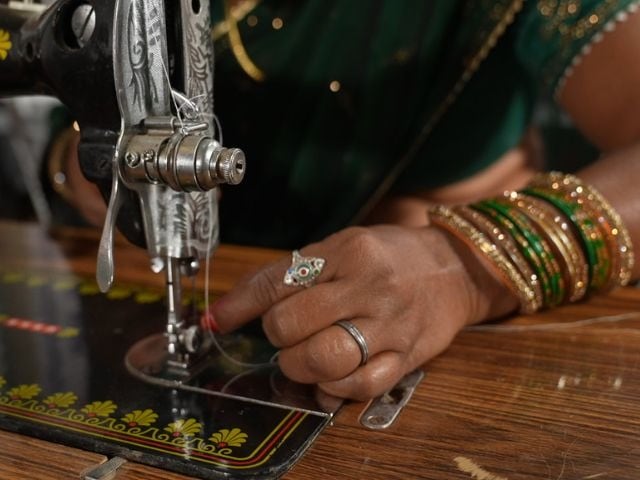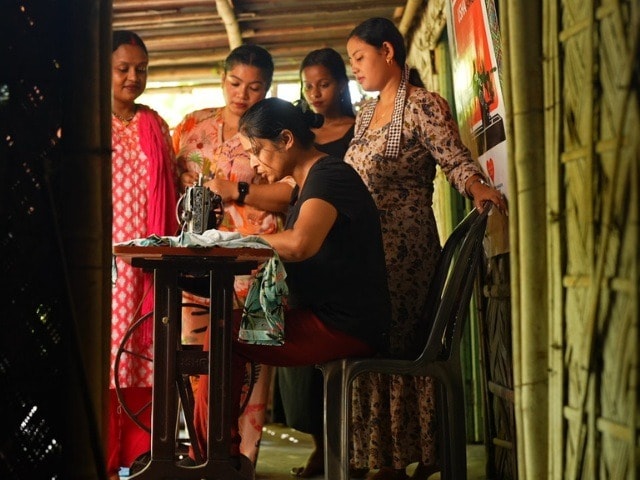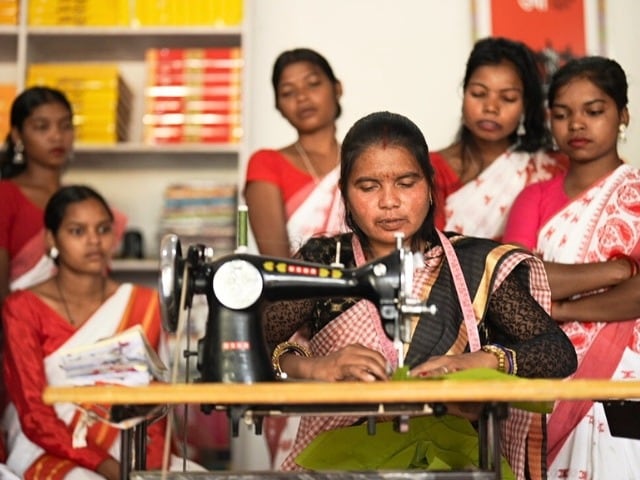- Home/
- Meet The Entrepreneurs
MEET THE ENTREPRENEURS: SEASON 10
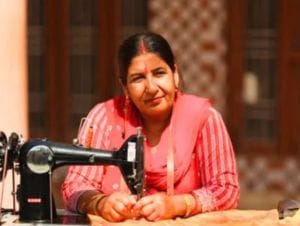
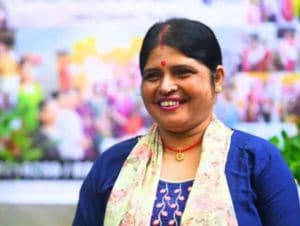
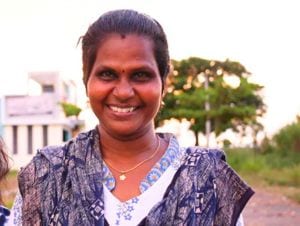
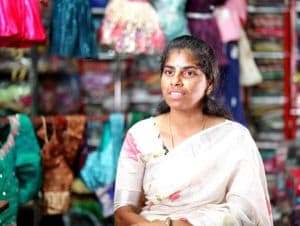
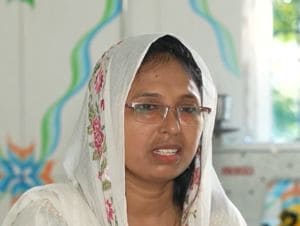
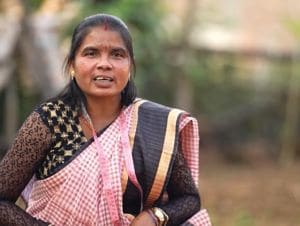
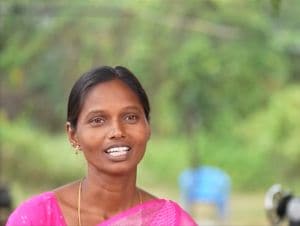
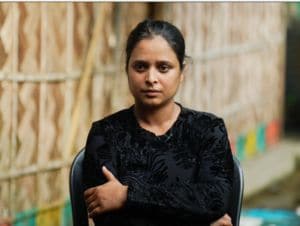
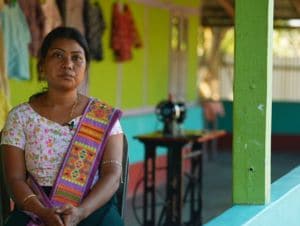
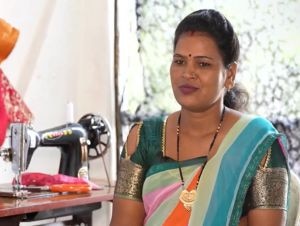
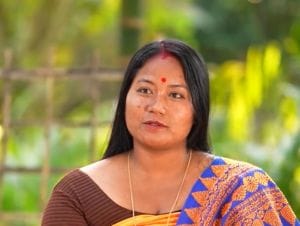
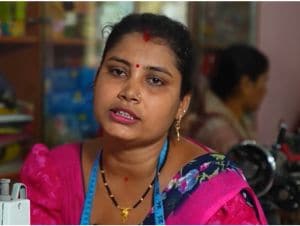
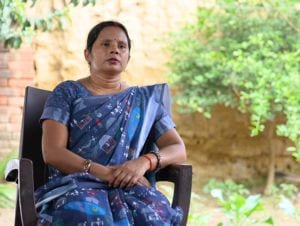
MEET THE ENTREPRENEURS: SEASON 9
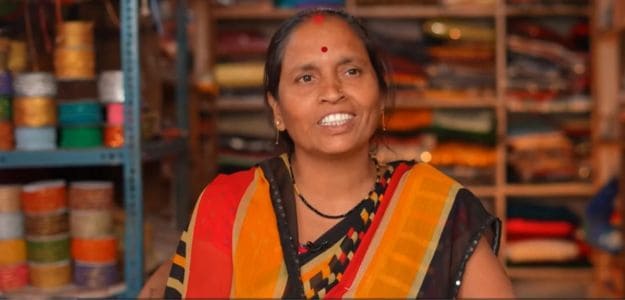
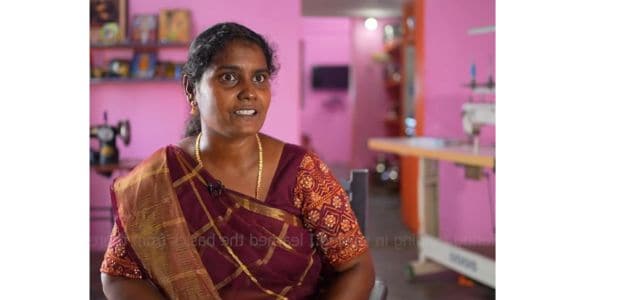
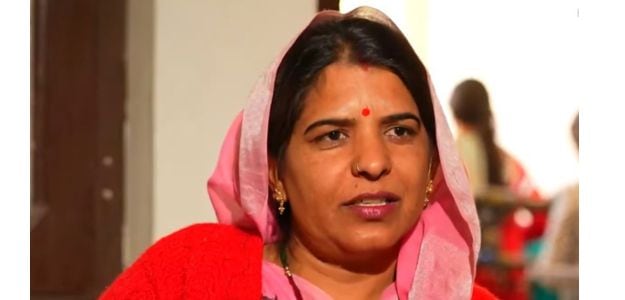
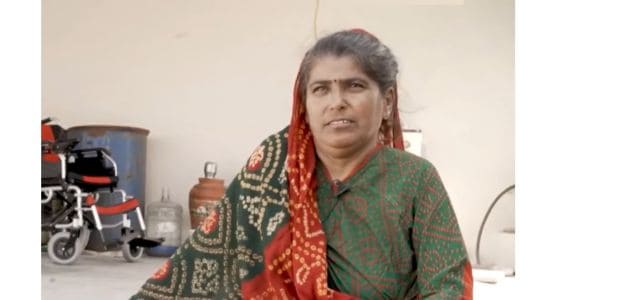
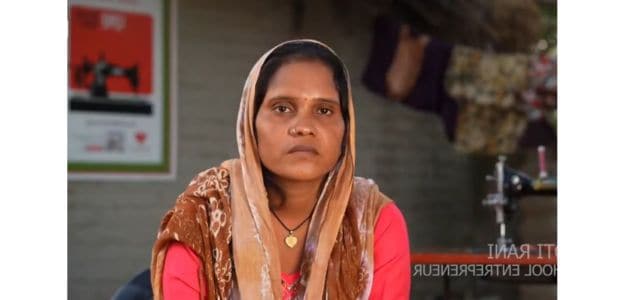
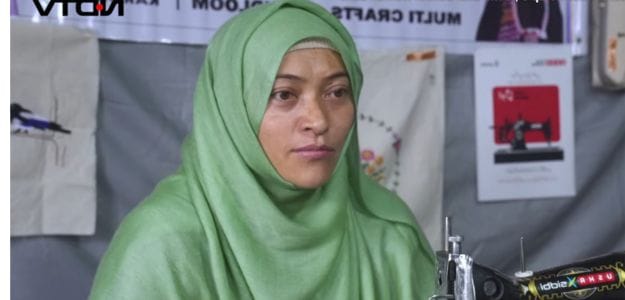
MEET THE ENTREPRENEURS: SEASON 8
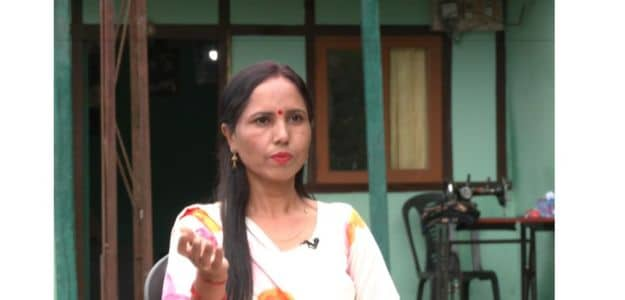
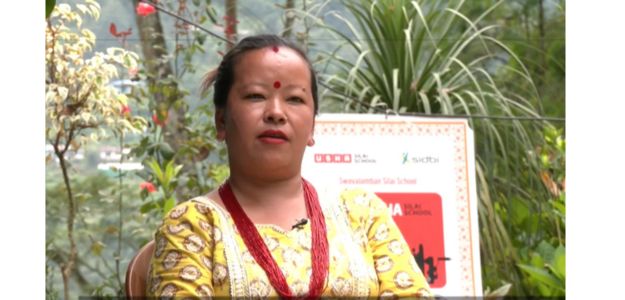
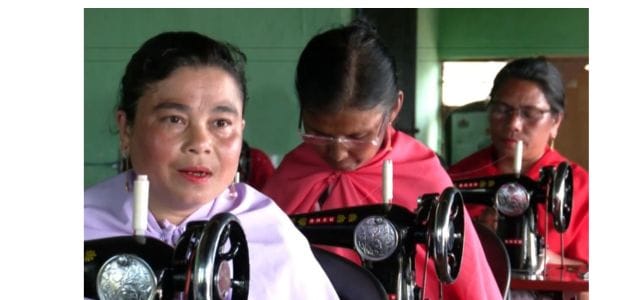
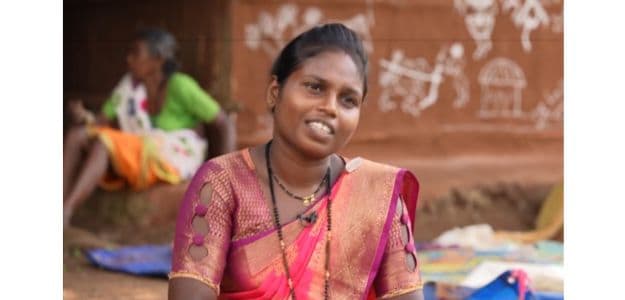
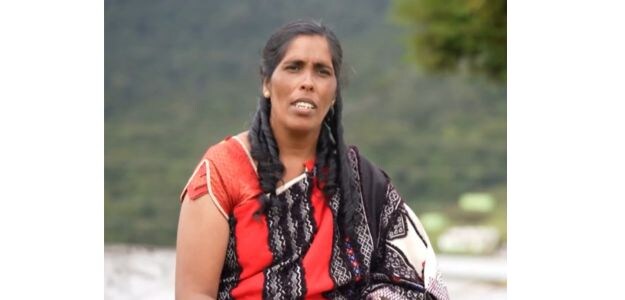
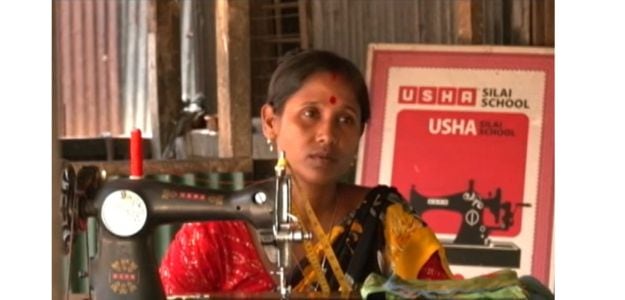
MEET THE ENTREPRENEURS: SEASON 7
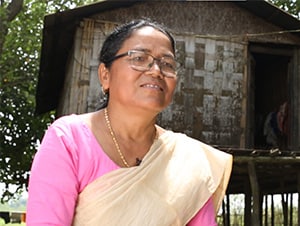
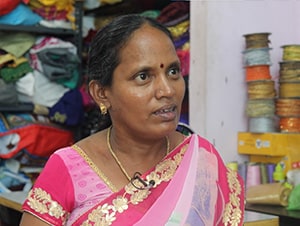
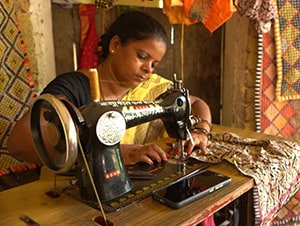
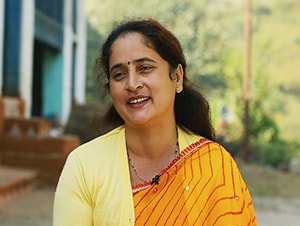
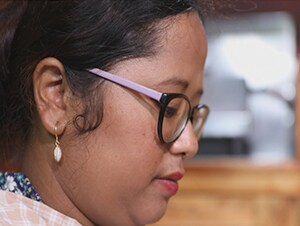
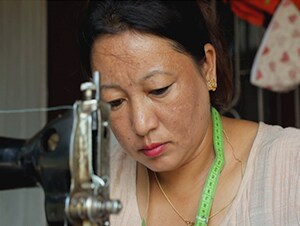
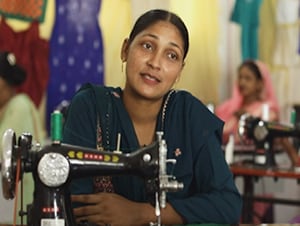
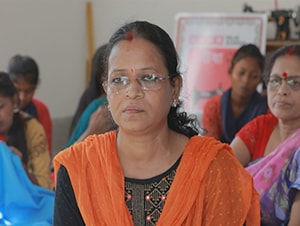
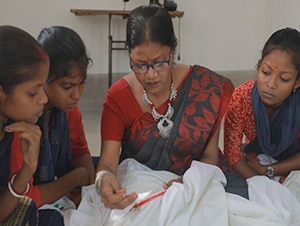
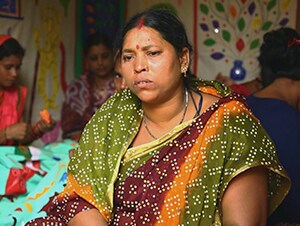
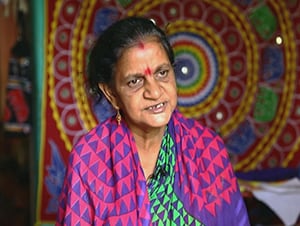
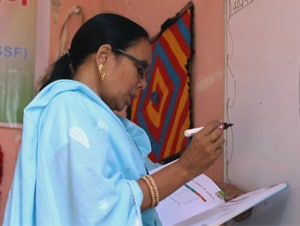
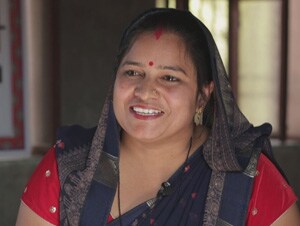
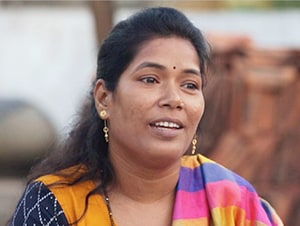
MEET THE ENTREPRENEURS: SEASON 6
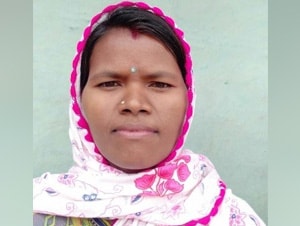
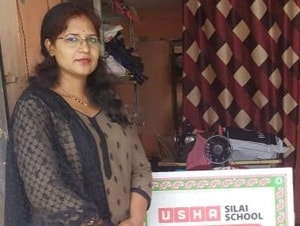
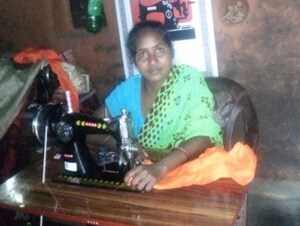
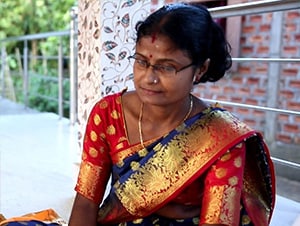
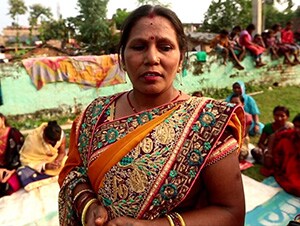
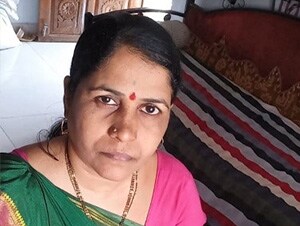
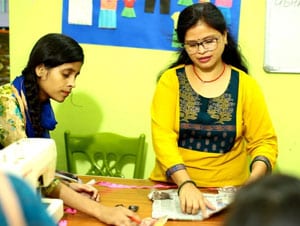
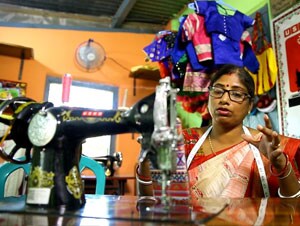
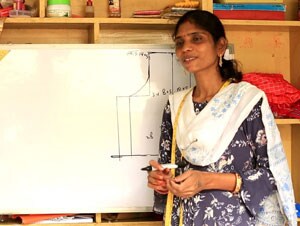
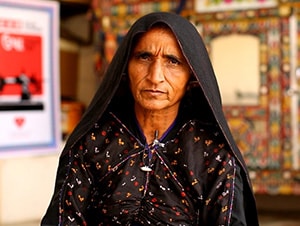
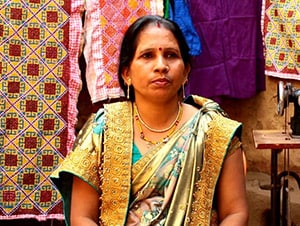
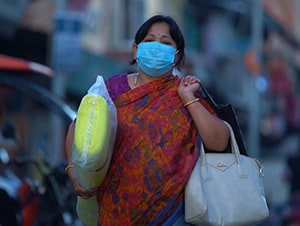
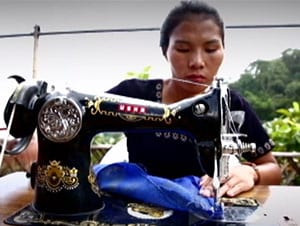
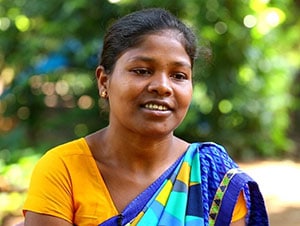
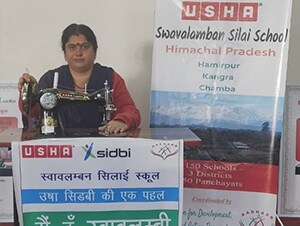
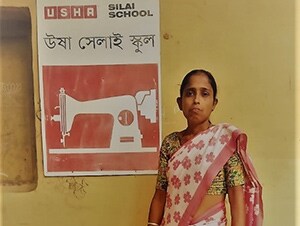
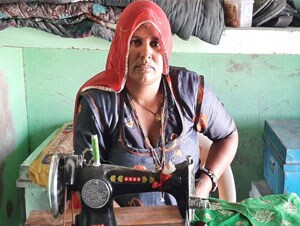
Meet The Entrepreneurs: Season 5
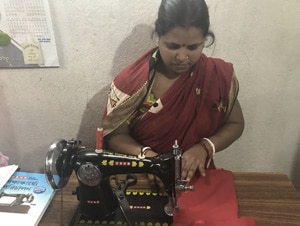
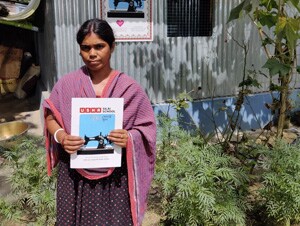
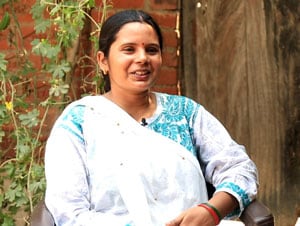
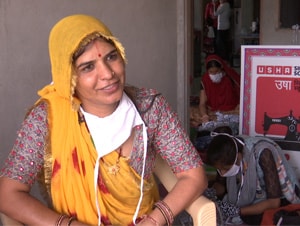
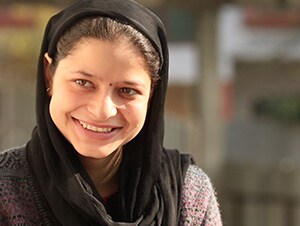
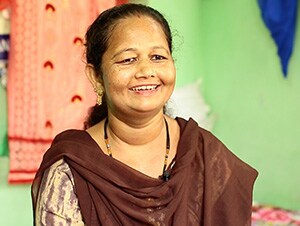
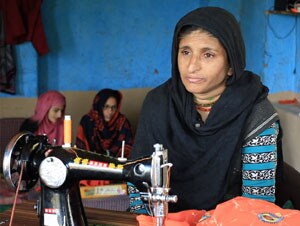
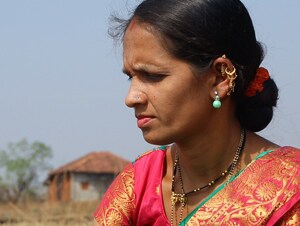
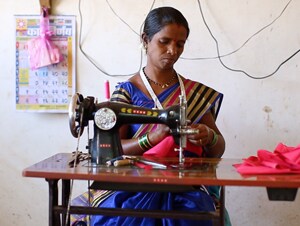
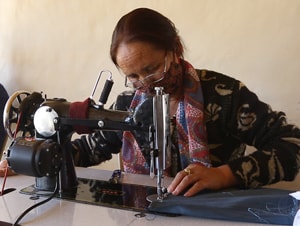
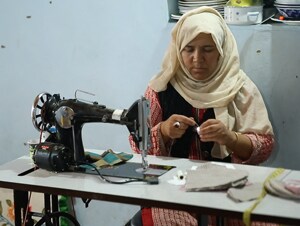
Meet The Entrepreneurs: Season 4
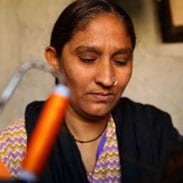
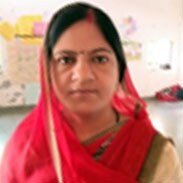
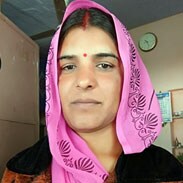
Meet The Entrepreneurs: Season 3
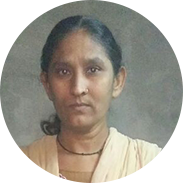
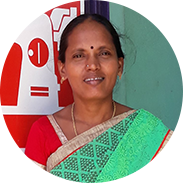
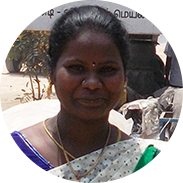
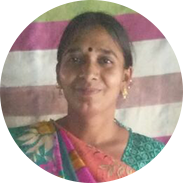
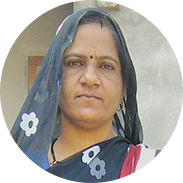
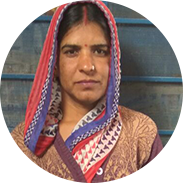
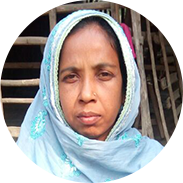
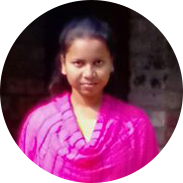
Meet The Entrepreneurs: Season 2

Rubina Begum
Rubina Begum from Nithari Village, had been struggling to move on in life since 2006 gruesome serial killings came to light.She slowly regained her confidence after joining USHA Silai School and then became the first women in her family to earn a living.Read More


Phuliya Bai
Madhya Pradesh's Phuliya Bai had a limited source of income. Her life turned around when she joined USHA Silai School programme. She earns Rs 3000 monthly, has been able to finance her daughter's education and gained the respect of others in her village.Read More

Rekha Rahangdale
Rekha family’s earning was insufficient to meet everyone’s need. After Rekha joined the USHA Silai School Programme, she started her own school and generated income. Today, Rekha’s husband and mother in-law are giving her all the support she needs to expand her business. Read More

Poonam
Despite being a graduate she couldn’t find a job of her choice. But her in-laws did not let this become a hurdle for her, instead they guided her to a new track to achieve her goals. She opened her own silai school and is now training other women of her village to become independent. Read More


Rintu Gogoi
Rintu Gogoi is wife of an agricultural labor and mother of two boys. Her husband being the single earning member, they struggled to pay the school fees of their children. Then, she came forward and associated herself with Ushal Silai School to manage the household expenses. Read More

Mumtaz Begum
Mumtaz Begum's family of five was living a fairly content life until 2008, the year her husband passed away. As the years went by, the expenses became hard to manage. It was then that she got associated with Usha Silai School to bring in a regular source of income to support her family. Read More

Shivananda Kothurwad
Shivananda Nagnathrao Kothurwad is separated from her husband and lives with her 2 children. She belongs to Sultanpur village, Maharashtra. Presently she stays with her parents and pays for boarding and lodging. Before starting the Silai School, she gave tuitions to students and completed an embroidery course. Read More

Madhuri Karn
Madhuri's husband was abusive, and an alcoholic. He started beating her up the very next day of their wedding. She was just 18 when she got married and was perpetually living in fear. She moved back to parents' home when she couldn't take it anymore. Now, she is 28, and a mother to a boy who goes to school. Read More

Naseema Bano
Naseema Bano lives in Amethi, Uttar Pradesh. Her father worked as a tractor mechanic and her mother would pitch in financially with switching jobs. Her parents tried their best to send her and her five sisters to school, but none of them could complete their schooling. Naseema managed to study till Class 10. Read More

Kalpana Kamadi
Kalpana Kamadi, from Dhule District, Maharashtra, lost her son as she couldn’t afford the treatment. This incident jolted her into working towards financial stability for her family. She now runs her own Silai school and trains other women in her village. She is now respectful called 'madam' in her village. She recently bought her own car on installments.
Read More
Nazira Ghazi
24-year-old Nazira Ghazi a resident of Durgapur, Kolkata was forced to marry after she completed her 10th grade. But she defied societal pressures, convinced her parents against early marriage and joined Usha Silai School. After years of hard work, Nazira financed her own education, and also supported her family. Read More

Chhotibai Sahebrao Chaure
Chhotibai Sahebrao Chaure, 32-year old from Dali Samba village of Sakri block, Dhule district of Maharashtra has been running her own Silai School since 2014. Till date, Chhotibai has trained 28 women and now aims to increase the number of sewing machines in her class to give training to more women.
Read More
Pratibha Pravin Khonde
Pratibha Pravin Khonde, from Sakri Tehsil in Maharashtra trained at the Silai School and started her own school within her house to not just earn money but also to enable other women to earn their own livelihood. Many of Pratibha's students are now teaching other women and becoming financially independent.
Read More
Lata Phale
35-year-old Lata, who lives, Pune, Maharashtra, has two children. Her husband is a farmer and Lata also helps the family by working on the farm. However, it is difficult for her family to survive on agricultural income only. Lata knew a little about sewing before she was selected for the USHA Silai School program. Read More

Gauri Jiwane
Gauri Jivane, 42-year-old, runs her Silai School in Shivangaon village, Nagpur, Maharashtra. Gauri is a widow, her son is doing MBA and daughter studies in a school. Despite her poor background, Gauri managed a graduation degree for herself and worked as a clerk in a Co-operative Bank before her marriage. Read More
Adopt a Silai School
About The Initiative
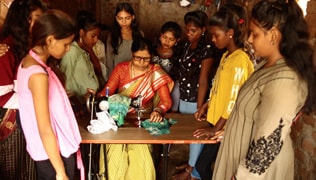
Kushalta Ke Kadam, an initiative by USHA Silai School and NDTV has entered its eighth season. The aim is to empower more women across rural India by teaching them sewing skills and helping them open new doors of opportunities for themselves. The initiative encourages rural women to become financially independent and entrepreneurs by taking up sewing and training others in their respective communities.
Since 2011, the USHA Silai School initiative has trained more than 12 lakh rural women through over 33,000 Silai schools, spanning over 20,751 villages across India.
The women earn Rs. 4,000 – 5,000 per month on an average, with the highest recorded monthly earning being Rs. 84,000 in a month. This earning works as a catalyst towards building their self-confidence, reducing gender inequities, and raising their stature within their families and in society at large.
Latest Stories
- Team NDTV | Monday February 16, 2026
Odisha's Suchismita Sahu, Rajasthan's Preeti Prajapat, Manipur's Akhirun—Usha Silai School's Kushalta Ke Kadam celebrates these awardees, from homemakers to master trainers earning accolades
- Team NDTV | Thursday February 12, 2026
From Ladakh peaks to Assam fringes, Usha Silai School trains tribal women in Turtuk, Kargil & Dakhinkuchi—crafting livelihoods with armed forces, NHPC & NGOs. Stitching national resilience
- Team NDTV | Thursday January 29, 2026
From West Bengal's transgender tailors to Telangana's tribal seamstresses and Meghalaya's embroidery revivalists, Usha Silai School's Kushalta Ke Kadam partners with NIRDPR and state governments
- Team NDTV | Tuesday February 03, 2026
In Odisha's mining heartlands, Mahanadi Coalfields Limited teams with Usha Silai School's Kushalta Ke Kadam and Gram Utthan, empowering tribal women turning them into entrepreneurs
- Written by Team NDTV | Friday January 02, 2026
Usha Silai Schools give second chances to women like Srinagar's Marifat, who rebuilt after widowhood; Madhya Pradesh's Jyoti, escaping abuse to run her own center; and Rajasthan's Vimla, rising from child marriage to tailor and teacher. Through nine-day training, they gain sewing skills, confidence, and income proving one stitch mends lives and inspires communities.
- Team NDTV | Friday December 26, 2025
A new wave of corporate-community partnerships is equipping rural women with skills, income and confidence
In Pics
Turtuk to Assam & Odisha: Usha Silai Schools turn tribal homemakers into earners via tailoring & crafts. Awards, skills, self-reliance!
Stitching strength across borders, Usha Silai empowers tribal women from Ladakh's rugged terrains and Assam's frontiers to award-winning entrepreneurs in Odisha and Rajasthan
Usha Silai Schools' Kushalta Ke Kadam unites with NIRDPR and state governments, transforming West Bengal transgender artisans, Telangana tribal stitchers, and Meghalaya embroidery preservers into empowered livelihoods
From Odisha's coal belts to Maharashtra's villages and Mumbai slums, Usha Silai Schools partner with PSUs like MCL and Voltas to train tribal and rural women in professional sewing
From Noida's 'Wings of Hope' pad-making workshops to Hardoi's NITI Aayog-backed entrepreneurial training, Usha Silai School's Kushalta Ke Kadam with NDTV blends sewing, health literacy, and digital skills-empowering women to shatter myths and scale businesses
Usha Silai Schools empower Bedia women in Madhya Pradesh, child marriage survivors in Bihar, and homemakers in Puducherry - from stigma to ₹10K earnings, family support, and ending cycles of poverty
Life throws impossible challenges, but a needle and thread can stitch broken dreams back together. Watch how Usha Silai School create safe havens for widows, survivors, and single mothers like Marifat from Srinagar, Jyoti from Ujjain, and Vimla from Rajasthan's Sikar
Discover how Usha Silai School partners with visionary companies to uplift lives across rural India - from Uttar Pradesh and Bihar to West Bengal. These dynamic CSR collaborations provide practical training in sewing, stitching, and entrepreneurship, fostering economic independence for women, redefining family dynamics, and creating resilient communities with sustainable, real-world change
In Nagaland's misty hills, Assam's remote forests, and Telangana's villages, women like Sukla Dey, Rabina Rabha, and Chukka Madhavi transform abuse, widowhood, and poverty into purpose through Usha Silai School
Meet the Silai School didis - women transforming their communities stitch by stitch. A look at how Usha Silai School empowers them to lead, mediate, and drive social change in their villages, inspiring others and reshaping women's roles in rural India

